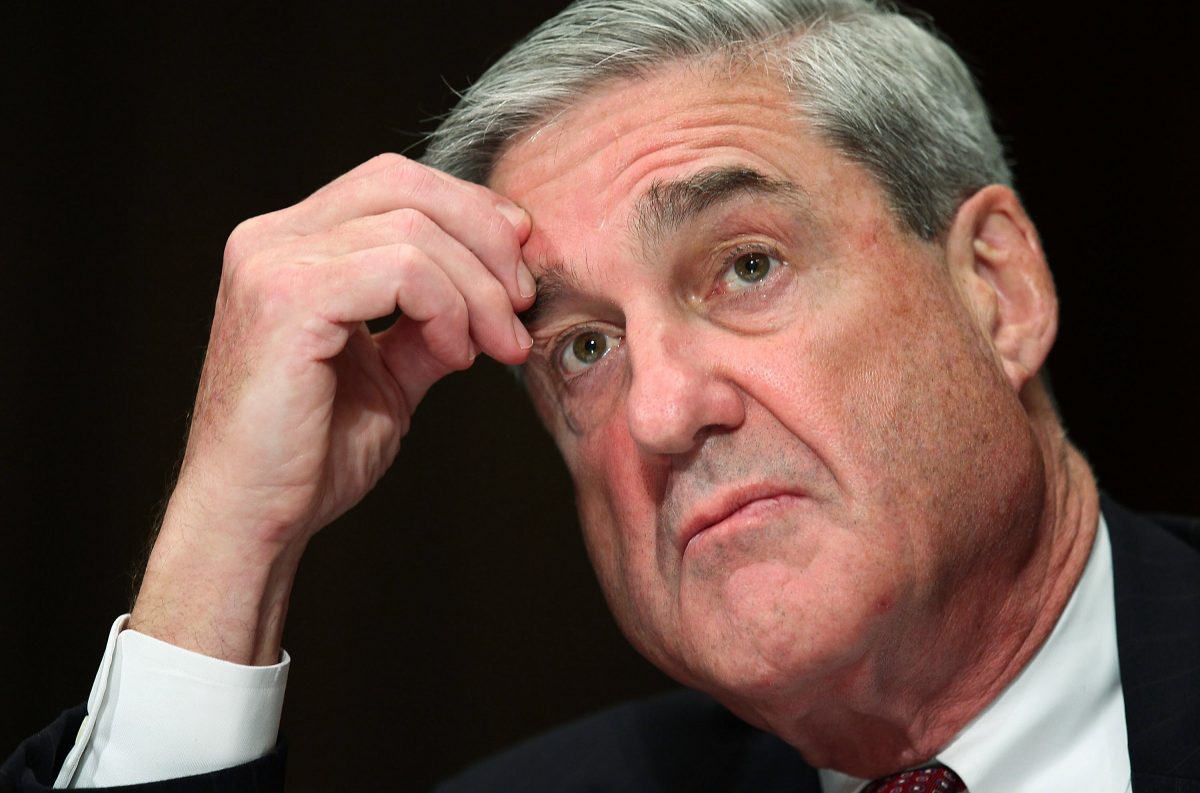
The Washington Post recently reported that Special Counsel Robert Mueller‘s office is working on a report on President Donald Trump‘s actions while in office. Besides the fact that the public has no idea what the report’s conclusion will be, we don’t even know what it will actually look like.
Yes, it has been reported that when the investigation comes to an end, Mueller has to submit a report of some sort to Deputy Attorney General Rod Rosenstein (who is Acting AG for the Russia probe since Jeff Sessions recused himself). The report will indicate whether or not Mueller wants to bring charges.
What it may or may not include is detail. On the one hand, we could end up with something like Ken Starr‘s report after his investigation of President Bill Clinton, which went into striking detail — some might say too much detail — of his findings. On the other hand, Starr’s former counsel Paul Rosenzweig told ABC News, “Mueller could write a bare bones report, around ten pages: I came, I saw, I did this, this is the result, good bye.”
Starr operated under an independent counsel law that has since expired, and Mueller is the first one to work under the current regulations. Because of this, it’s hard to know what to expect.
A recent post on Lawfare Blog predicts that Mueller’s report will not be extremely detailed, arguing that the current regulations are intended to prevent a repeat of Starr’s investigation. Still, another post on the same site lays out multiple options for how Mueller could reveal his findings, each with different levels of detail.
Regardless of how much detail Mueller includes in his report, however, there’s still the question of how much of it even gets out. Once Rosenstein has Mueller’s report, which is confidential, he’s not required to show it to anyone. All he has to do is tell his conclusion to the chairs and ranking members of the House and Senate Judiciary Committees, and provide explanations.
As Law&Crime contributor Professor John Banzhaf pointed out, even if Mueller’s report was to be released, much of it would likely be redacted, since evidence obtained during a grand jury’s investigation is private, and a lot of the other information supporting Mueller’s conclusions — regardless of what it is — may very well be classified.
As much as the public is waiting to find out how this will all end, there’s a decent chance they won’t be satisfied, regardless of the outcome.
[Image via Alex Wong/Getty Images]